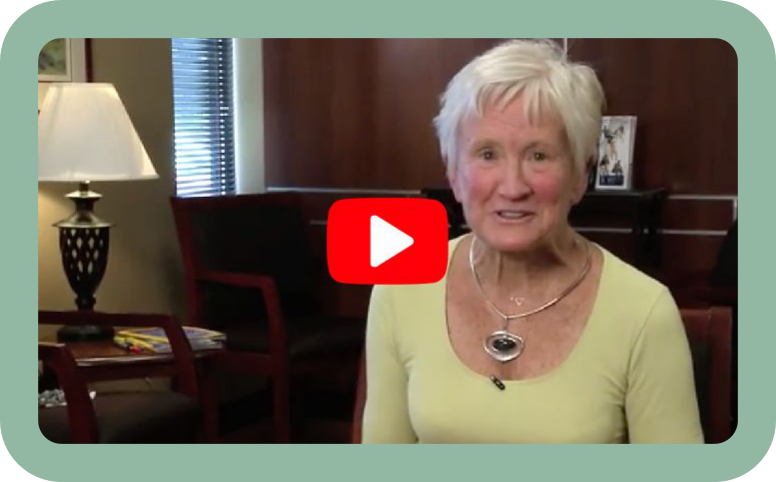Contact us today.
Men Get Varicose Veins Too!
As much as forty-five percent of all men will experience varicose veins at some point in their lives.
The number one cause of varicose veins in both men and women is heredity. Men get varicose veins too! If a man’s parents or grandparents had varicose veins, he is more likely to have them.
Lifestyle plays a significant role as well. If his job requires him to stand for long periods of time he is more likely to get varicose veins. If he travels, spends long hours on a plane or driving, or if he sits at a desk for several hours at a time, this also increases the risk for varicose veins. If he no longer enjoys taking a walk, or playing with the kids/grandkids because of leg pain, it could be sign that he should be evaluated for vein disease.
Varicose veins affect men of all ages but the risk increases with age. Generally men have the same symptoms as women: pain, leg heaviness, tiredness, muscle cramps and swelling. Restlessness in the legs that interferes with sleep could also be a sign of varicose veins.
Like any chronic medical condition, varicose veins will progress without treatment. Because varicose veins are often painful, it is important to treat them in order to maintain an active lifestyle. Treatments such as medical grade compression stockings and changes in work habits can improve the symptoms but will not address the underlying cause.
The treatments available for men are the same as for women.
- Endovenous laser ablation, or EVLA, can be used to treat large varicose veins. This cutting-edge procedure involves inserting a small laser fiber through the skin into the varicosed vein. Laser energy causes the vein to collapse and seal shut. Once that vein is closed, the blood reroutes to other healthy veins.
- Some men may also need sclerotherapy, or treatment with injections, following EVLA.
- Most men are able to return to work almost immediately following treatment and are able to resume the activities they have been avoiding.
If you or a man you know is suffering from the symptoms of varicose veins, schedule a free vein screening with Dr. Sorenson today!

